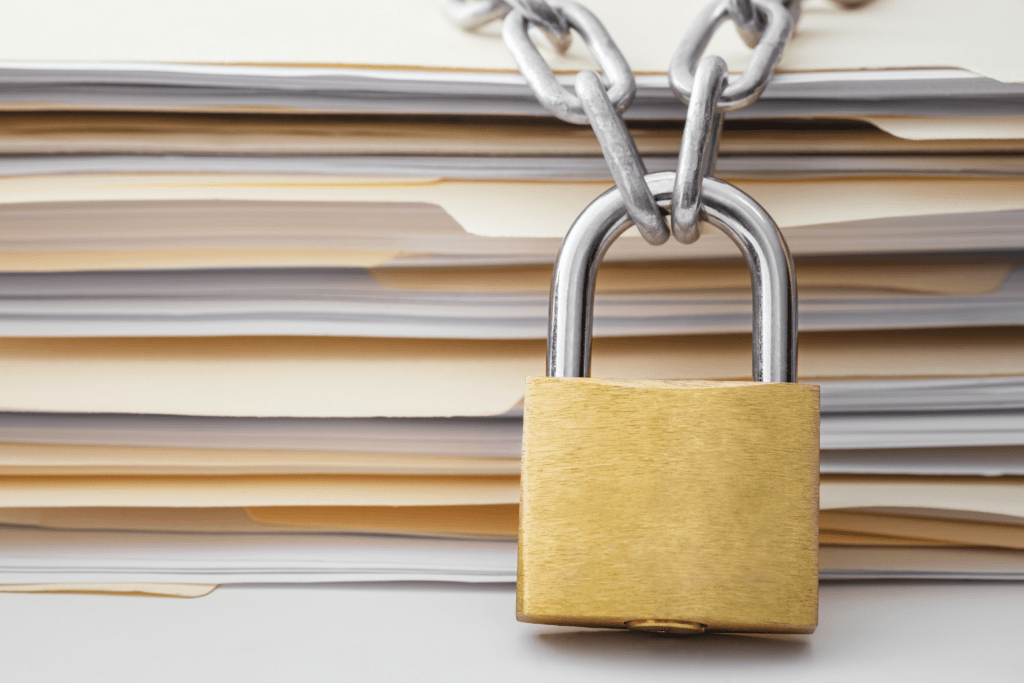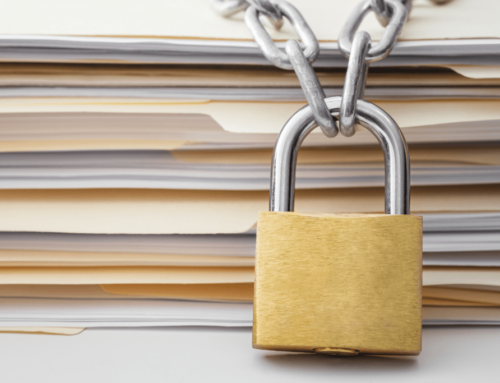Seal a Record: How to Qualify for Record Sealing
f you have a criminal record, it can cause difficulties in almost every area of your life. From getting a home, to finding a job, to securing a loan, your criminal record can make it hard to achieve your long-term goals. For this reason, many people with a criminal conviction seek to seal or expunge their records in order to move on with their life.
However, sealing a criminal record can be a lot more difficult than many realize, with several requirements you must meet before your record is finally sealed. Learn how to seal a record and find out when you might need legal help so that your past mistakes do not interfere with your future plans.
Do You Need an Attorney?
The record sealing process in Nevada is relatively difficult, as it requires a Petition that can only be filed after a certain period of time, a court order, and then notification to various state and local agencies. One of the biggest concerns when filing a Petition to Seal is that if it is denied, then you must wait two (2) years to file a Petition for Rehearing. If you are unsure about whether you are eligible to seal or how to navigate the process, then retaining an attorney is a good idea.
Is Your Offense Eligible?
When attempting to seal a record, the first indicator of whether you will qualify is based on whether the charges were dismissed or you were convicted. If the charge was dismissed or a conviction was set aside, then Nevada Revised Statute (“NRS”) 179.255 provides the state law regarding sealing of that particular record.
If you were convicted of a crime, then you must look at how long you must wait from the time you were released from custody, probation, or a suspended sentence to the time you become eligible. The most important factor in determining how long you must wait to seal the record is the type of conviction. For example, you must look at whether the conviction was a misdemeanor or felony, and if it was a felony, which category (A, B, D, or E). There are certain convictions that cannot be sealed, such as certain sexual offenses and certain misdemeanors, such as Domestic Violence and DUI impose a longer waiting period to seal than other misdemeanors.
NRS 129.245 is a good place to start to get familiar with the required waiting times to seal records. This law sets forth that a person becomes eligible to seal a certain amount of years after they are released from custody, discharged from probation, or no longer serving a suspended sentence. To further complicate matters, if you have more than one conviction then you must wait until the most recent conviction is old enough to be eligible for sealing.
When you file a Petition to seal your records, the court will determine if you have waited long enough to seal your most recent conviction, according to the time periods set forth in NRS 129.245. The Court may set a hearing on the Petition.
What’s Involved in the Process?
If you’ve determined that you meet all requirements for sealing a record, you can engage in the actual process of sealing. In Nevada, this will require a Petition to the court and a court order. The court order must then be sent to the agencies that are reporting the conviction, such as a different court, law enforcement, and the Central Repository for Nevada Records of Criminal History.
Before you submit your paperwork, however, consult Nevada’s record sealing rules under Chapter 179 of the NRS, and, if you have questions, you should consider getting legal help from an attorney.
Seal a Record with Legal Help
While the process of sealing a record is usually very easy, it is possible for your application to be denied. If you’re having difficult in your quest to seal a record, then you need to get help from one of the knowledgeable attorneys at Connor & Connor, PLLC.
Our legal team can help walk you through the process of sealing your records so that you can move on with your life and forget about your past mistakes. Schedule a consultation with us today!





